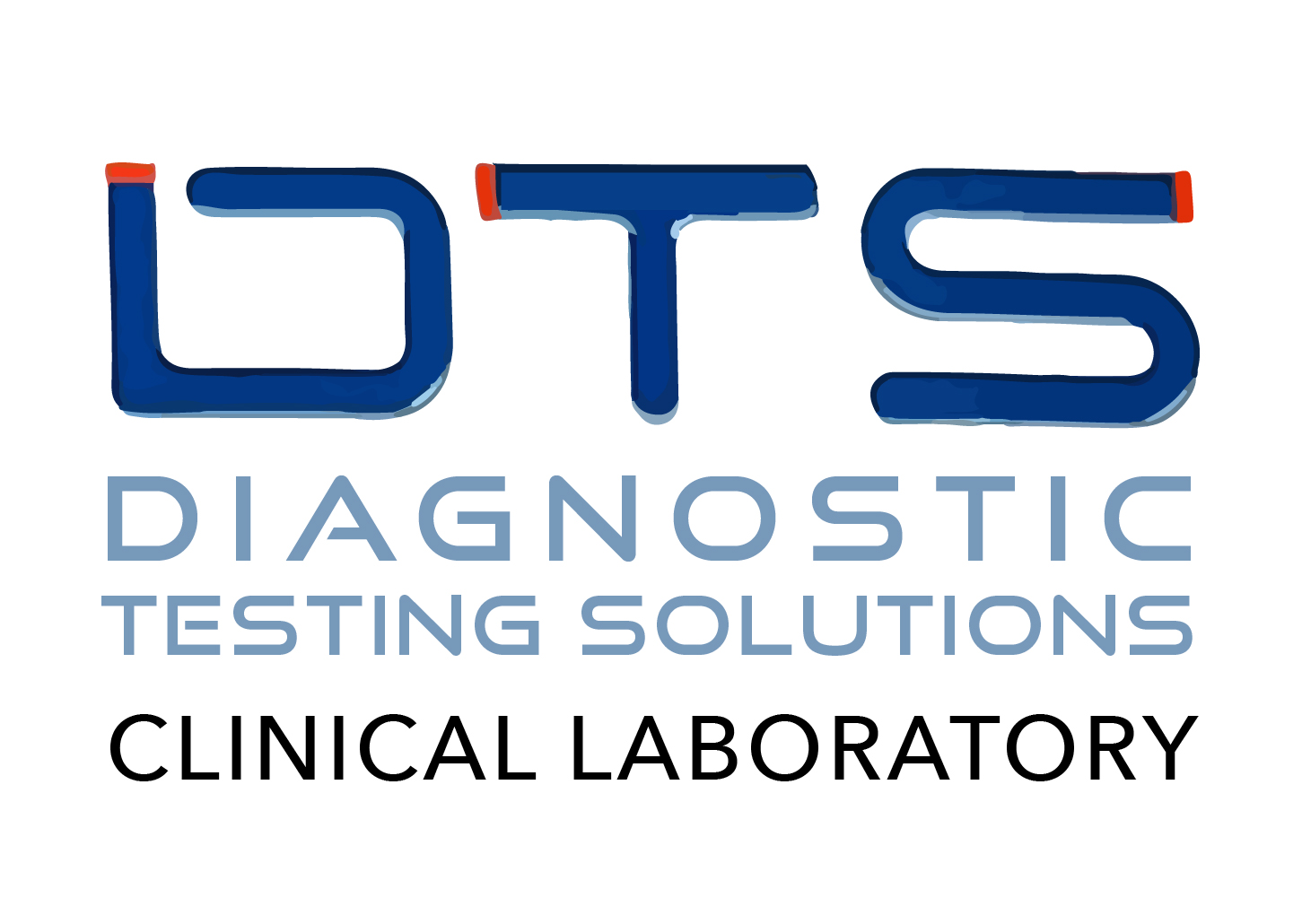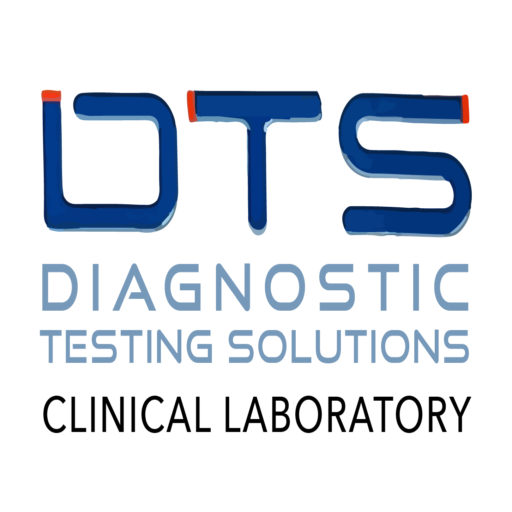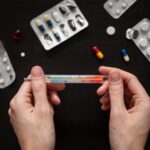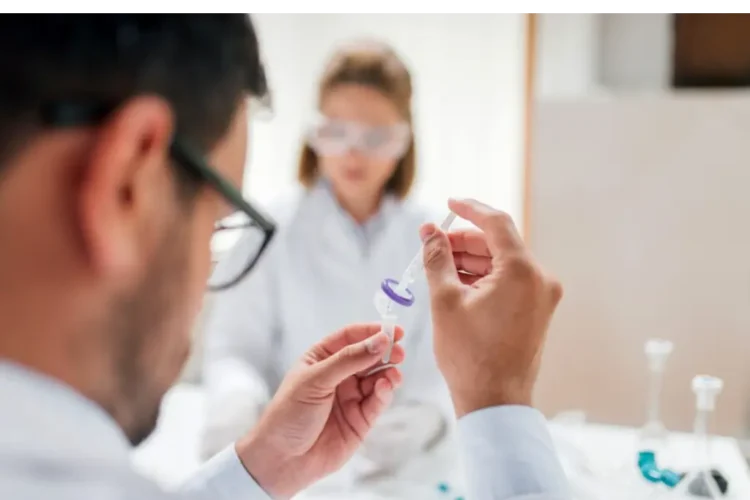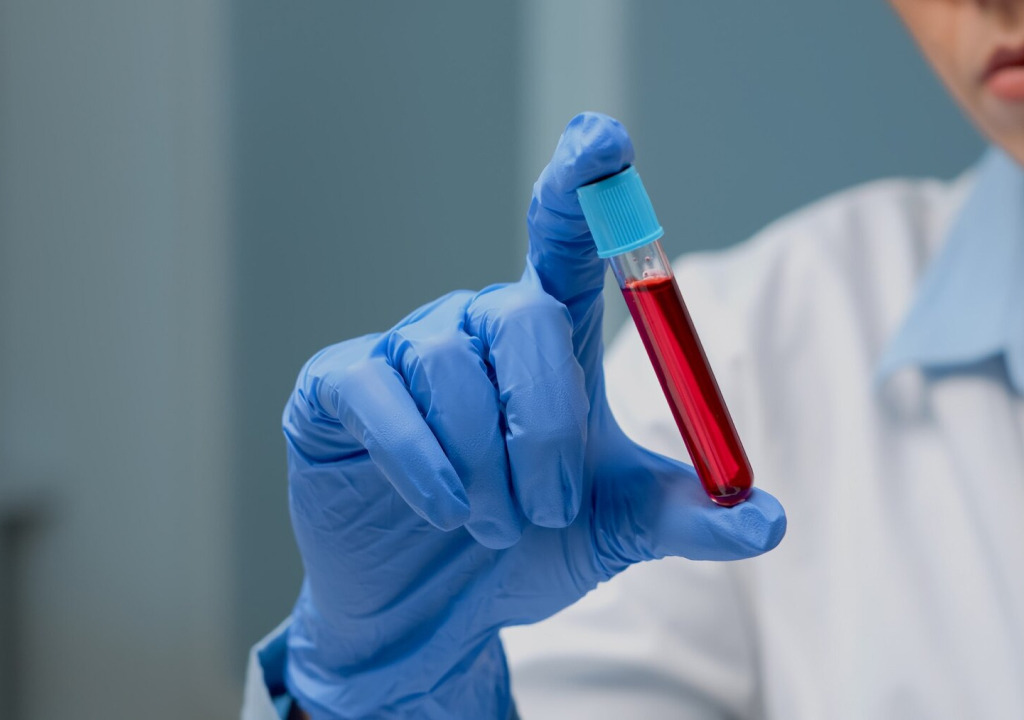
Sexually transmitted diseases (STDs) are a significant public health concern, with millions of people affected annually. Regular STD testing is crucial for maintaining sexual health, preventing the spread of infections, and ensuring early treatment. In this blog, we’ll explore the different types of STD tests available at your lab, what each test involves, and why they are essential for your overall well-being.
Understanding STD Testing
Before diving into the specific tests available, it’s important to understand what STD testing entails and why it’s a vital part of your healthcare routine.
What Are STDs?
STDs are infections that are transmitted primarily through sexual contact. They can be caused by bacteria, viruses, or parasites, affecting various body parts, including the genitals, mouth, and rectum. Common STDs include HIV, herpes (HSV), gonorrhea, chlamydia, syphilis, and hepatitis B and C. Some STDs can be asymptomatic, meaning they may not show obvious symptoms, which is why regular testing is essential for early detection and treatment.
Why Get Tested for STDs?
Regular testing for STDs is important because:
- Early Detection: Many STDs don’t show symptoms immediately, but early detection through testing can prevent complications and the spread of infection.
- Prevention of Transmission: Knowing your STD status allows you to take steps to prevent spreading the infection to others.
- Health and Well-being: Treating STDs early can prevent serious health issues, such as infertility, organ damage, and an increased risk of HIV.
- Peace of Mind: Regular testing gives you confidence in your sexual health, reducing anxiety and uncertainty.
Specific STD Tests Available at Our Lab
Lab offers a range of STD tests designed to detect various infections. Below, we’ll detail each test, explaining how STD testing works and what each test detects.
HIV Testing
HIV (Human Immunodeficiency Virus) is a virus that attacks the immune system and can lead to AIDS if left untreated. Early detection is critical for managing the virus effectively. At our lab, we offer:
- HIV Antibody/Antigen Tests: These tests detect antibodies produced by the body in response to HIV and antigens, which are proteins produced by the virus. The antigen/antibody combination test is highly accurate and can detect HIV infection earlier than antibody-only tests.
- HIV RNA Test: This test detects the virus’s genetic material and can identify HIV as soon as ten days after exposure, making it one of the earliest detection methods available.
HIV testing is crucial for anyone sexually active, especially those with multiple partners or who engage in unprotected sex.
HSV (Herpes Simplex Virus) Testing
Herpes Simplex Virus (HSV) causes genital herpes, which can lead to painful sores in the genital area. Our lab offers:
- HSV Type-Specific Serology Tests: These blood tests detect antibodies to HSV-1 and HSV-2, the two types of herpes viruses. This test can confirm whether you have been exposed to the virus, even if you are not currently experiencing symptoms.
- Viral Culture Test: If sores are present, a swab can be taken from the blister to identify the virus directly.
Herpes testing is important for individuals who have had unprotected sex, have symptoms, or have a partner with herpes.
Gonorrhea Testing
Gonorrhea is a bacterial infection affecting the genitals, rectum, and throat. If left untreated, it can lead to serious health issues, including infertility. Our lab provides:
- Nucleic Acid Amplification Test (NAAT): This highly accurate test detects the bacteria’s genetic material. It can be performed using a urine sample or a swab from the affected area (genital, throat, or rectum).
Gonorrhea testing is recommended for sexually active individuals, especially those with new or multiple partners.
Hepatitis B and C (STD) Testing
Hepatitis B and C are viral infections that affect the liver and can lead to chronic liver disease or liver cancer. Both can be transmitted through sexual contact, and early detection is key to preventing long-term damage. Our lab offers:
- Hepatitis B Surface Antigen (HBsAg) Test: This blood test detects the presence of the hepatitis B virus in your blood, indicating an active infection.
- Hepatitis C Antibody Test: This test detects antibodies to the hepatitis C virus, indicating past or present infection. If positive, a follow-up RNA test is done to confirm active infection.
Hepatitis B and C testing is crucial for anyone sexually active, particularly those with high-risk behaviors.
Syphilis Testing
Syphilis is a bacterial infection that progresses through stages and can cause serious health problems if untreated. Our lab offers:
- Rapid Plasma Reagin (RPR) Test: This blood test detects antibodies produced in response to the syphilis bacteria. It is used for screening and monitoring treatment.
- Treponemal Tests: These confirmatory tests specifically detect antibodies against the syphilis-causing bacteria.
Syphilis testing is especially important for pregnant women, as the infection can be transmitted to the fetus, leading to severe complications.
Chlamydia and Gonorrhea Testing
Chlamydia and gonorrhea are two of the most common bacterial STDs. Both can be asymptomatic but can cause serious reproductive health issues if left untreated. At our lab, we offer:
- Urine Tests: These tests detect the DNA of the bacteria in a urine sample, making them highly accurate for diagnosing chlamydia and gonorrhea.
- Swab Tests: If an infection is suspected in the cervix, throat, or rectum, swabs can be taken.
Basic STD Panel
Our Basic STD Panel includes tests for the most common and treatable STDs. This panel typically includes:
- HIV Test
- Chlamydia Test
- Gonorrhea Test
- Syphilis Test
This panel is an excellent option for individuals who want to screen for multiple STDs in one visit, providing a comprehensive overview of their sexual health.e provider can help determine the most appropriate testing schedule based on your individual health needs.
Full STD Test Panel
For a more comprehensive assessment, our Full STD Test Panel includes tests for a wider range of infections, offering peace of mind with a thorough evaluation. This panel typically includes:
- HIV Test
- HSV (Herpes) Test
- Hepatitis B and C Tests
- Chlamydia and Gonorrhea Tests
- Syphilis Test
The Full STD Panel is ideal for those who want to ensure they are thoroughly screened for all major STDs, especially if they are at higher risk due to lifestyle factors or sexual history.
When and How Often Should You Get Tested?
Understanding when to get tested and how often can help you stay on top of your sexual health.
Frequency of Testing
The frequency of STD testing depends on several factors, including your sexual activity, number of partners, and risk factors. General recommendations include:
- Annually: For sexually active individuals, especially those with multiple partners.
- Every 3-6 Months: For individuals with higher risk factors, such as those who engage in unprotected sex, have new or multiple partners, or use drugs intravenously.
- Immediately: If you suspect exposure to an STD or experience symptoms such as unusual discharge, sores, or pain during urination.
Regular testing ensures early detection and treatment, reducing the risk of complications.
Situations That Warrant Immediate Testing
Immediate testing is recommended if:
- You’ve had unprotected sex.
- You’re starting a new sexual relationship.
- Your partner has tested positive for an STD.
- You’re experiencing symptoms.
In these situations, timely testing can prevent the spread of infections and ensure you receive prompt treatment.
How to Prepare for an STD Test
Preparing for an STD test can help ensure accurate results and a smooth testing experience.
Pre-Test Preparations
Different tests require different preparations. For example:
- Urine Tests: To ensure a good sample, avoid urinating for at least one hour before the test.
- Blood Tests: Generally, no special preparation is needed, but it’s good to be hydrated.
- Swab Tests: Inform your healthcare provider of any medications or treatments you’re using that might affect the test results.
Following these guidelines will help ensure your test results are accurate.
What to Expect During the Test
STD tests are generally quick and straightforward:
- Blood Tests: A small sample of blood is drawn from your arm.
- Urine Tests: You’ll provide a urine sample in a sterile container.
- Swab Tests: A swab is gently taken from the affected area.
Most tests are completed within a few minutes, and results are typically available within a few days.
Interpreting Your STD Test Results
Understanding your test results is crucial for making informed decisions about your health.
What Do the Results Mean?
- Positive Result: Indicates the presence of an STD. Follow-up testing and treatment are necessary.
- Negative Result: No infection was detected, but continue regular testing as part of your routine health care.
- Inconclusive Result: The test didn’t provide a clear answer, and a repeat test may be necessary.
Your healthcare provider will explain your results and guide you on the next steps.
Next Steps After a Positive Result
If you test positive for an STD:
- Follow-up: Schedule an appointment with your healthcare provider to discuss treatment options.
- Inform Partners: It’s important to inform recent sexual partners so they can also get tested and treated.
- Treatment: Many STDs are treatable with antibiotics or antiviral medications.
Early treatment can prevent complications and reduce the risk of spreading the infection to others.
Where to Get STD Testing
Our lab offers convenient and confidential STD testing services. Here’s how you can access them:
Visit Our Lab
We provide a full range of STD testing services with the highest standards of confidentiality and care. Our lab is equipped with the latest technology to ensure accurate results.
Planned Parenthood and Sexual Health Clinics
In addition to our lab, Planned Parenthood and other sexual health clinics offer STD testing services. These clinics are a good option for additional services like contraception or counseling.
At-Home Testing Options
For those who prefer privacy, at-home testing kits are available. These kits allow you to collect samples at home and send them to our lab for analysis. However, follow-up with a healthcare provider is recommended if you test positive.
Myths and Misconceptions About STD Testing
It’s important to address common myths that might prevent people from getting tested.
“Only People With Symptoms Need Testing”
Many STDs are asymptomatic, meaning they don’t show symptoms. Regular testing is essential even if you feel fine.
“STD Tests Are Painful”
Most STD tests involve a simple blood draw, urine sample, or swab, and they are usually quick and painless.
“Testing Isn’t Necessary in Monogamous Relationships”
Even in monogamous relationships, testing is important, especially when the relationship begins. Early testing can ensure both partners are healthy and free of infections.
Conclusion
Regular STD testing is a vital part of maintaining your sexual health and well-being. By taking advantage of the comprehensive STD testing services available at our lab, you can ensure early detection, timely treatment, and the prevention of transmission. Understanding common STD symptoms is also essential, as it can help prompt timely testing and treatment when necessary. Don’t wait—schedule your STD test today and take the first step toward a healthier future.
Taking Charge of Your Health
Remember, knowing your STD status is key to protecting yourself and your partners. Make testing a routine part of your healthcare, and enjoy the peace of mind that comes with taking control of your sexual health.
FAQ’s
Are there different types of STD tests?
Yes, there are blood tests (e.g., HIV, syphilis), urine tests (e.g., chlamydia, gonorrhea), swab tests (e.g., herpes, HPV), physical exams (e.g., genital warts), and at-home kits.
Which test is best for STD?
The best test depends on the infection. A Full STD Panel is ideal for comprehensive screening, covering HIV, herpes, chlamydia, gonorrhea, syphilis, and hepatitis.
What is the best STD test to get?
A Full STD Test Panel is the best option for thorough screening, including tests for HIV, herpes, chlamydia, gonorrhea, syphilis, and hepatitis.
What is the most extensive STD test?
The Full STD Test Panel is the most extensive, covering all major STDs like HIV, herpes, chlamydia, gonorrhea, syphilis, and hepatitis.
What STD is hard to detect?
HPV and herpes can be hard to detect due to a lack of symptoms, especially in the early stages.
What is the hardest STD to treat?
HIV is the hardest to treat since it has no cure, though it can be managed with medication. Herpes are also lifelong and challenging.
